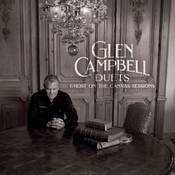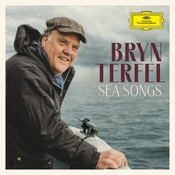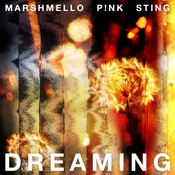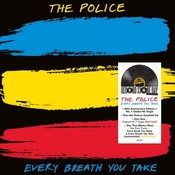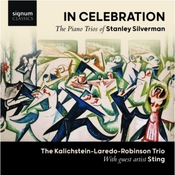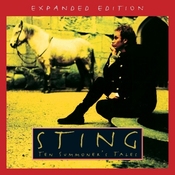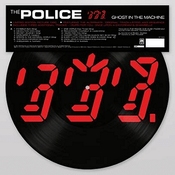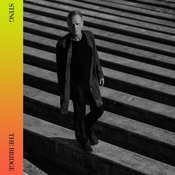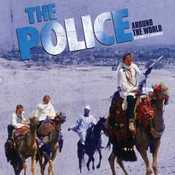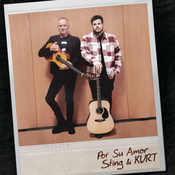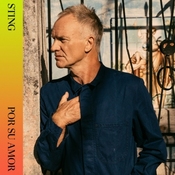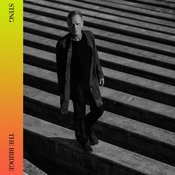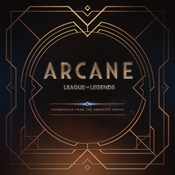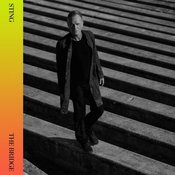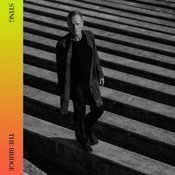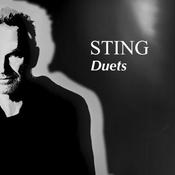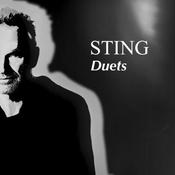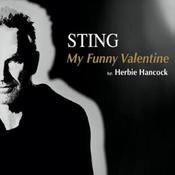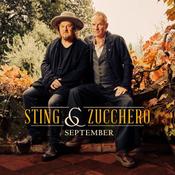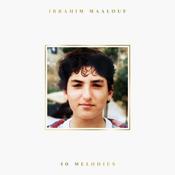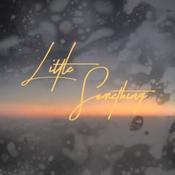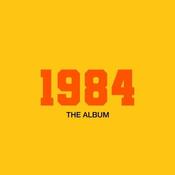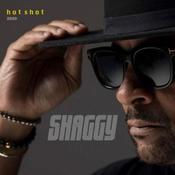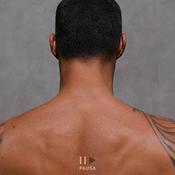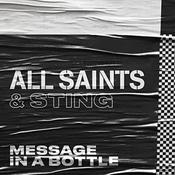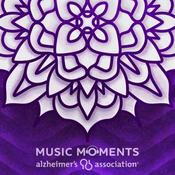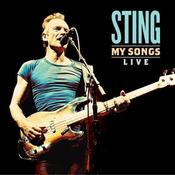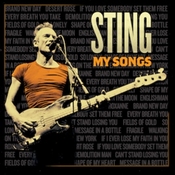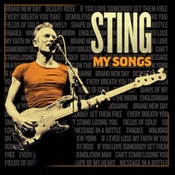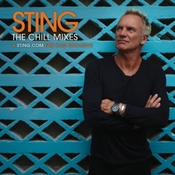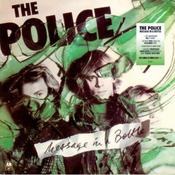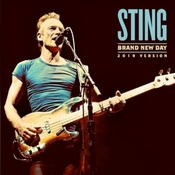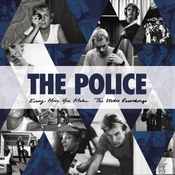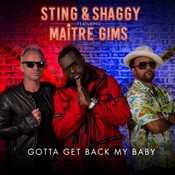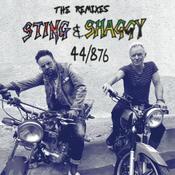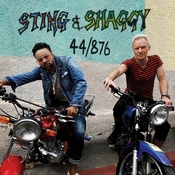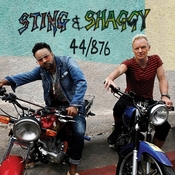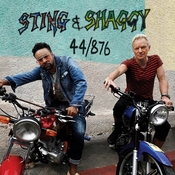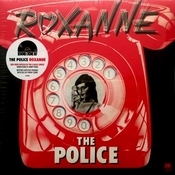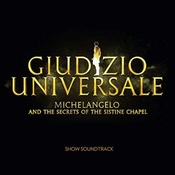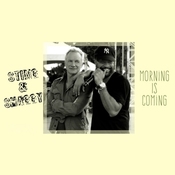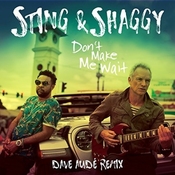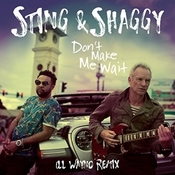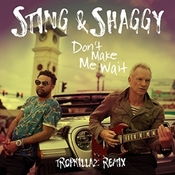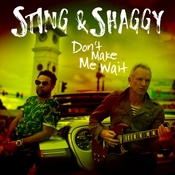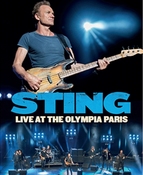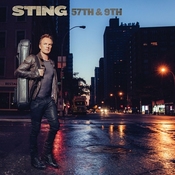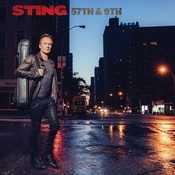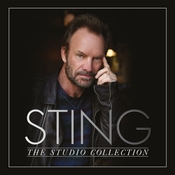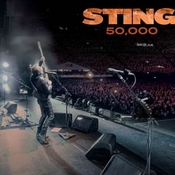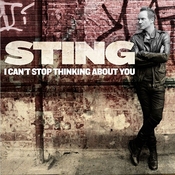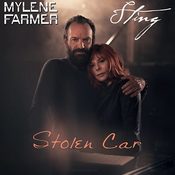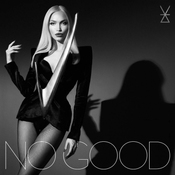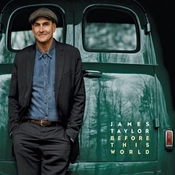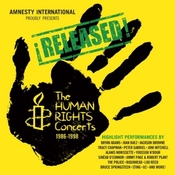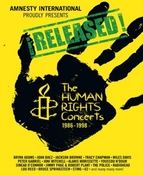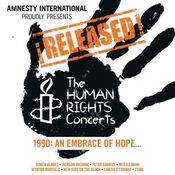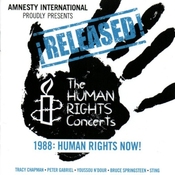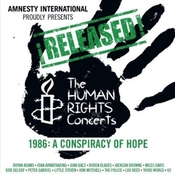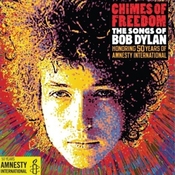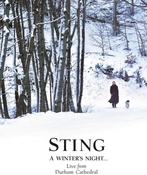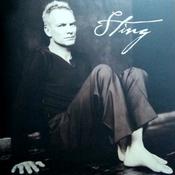The Police: Around The World Restored & Expanded (DVD & CD)
- DVD: Next To You lyrics
- DVD: Walking On The Moon lyrics
- DVD: Born In The 50’s lyrics
- DVD: So Lonely lyrics
- DVD: Man In A Suitcase lyrics
- DVD: Can’t Stand Losing You lyrics
- DVD: Bring On The Night lyrics
- DVD: Canary In A Coalmine lyrics
- DVD: Voices Inside My Head lyrics
- DVD: When The World Is Running Down, You Make The Best Of What’s Still Around lyrics
- DVD: Shadows In The Rain lyrics
- DVD: Don’t Stand So Close To Me lyrics
- DVD: Truth Hits Everybody lyrics
- DVD: Roxanne lyrics
- CD: Walking On The Moon - Live from Kyoto lyrics
- CD: Next To You – Live from Kyoto lyrics
- CD: Deathwish - Live from Kyoto lyrics
- CD: So Lonely - Live from Kyoto lyrics
- CD: Can’t Stand Losing You - Live from Kyoto lyrics
- CD: Truth Hits Everybody - Live from Kyoto lyrics
- CD: Visions Of The Night – Live from Hammersmith lyrics
- CD: Roxanne – Live from Hammersmith Intro lyrics
- CD: Born In The 50’s – Live from Hong Kong lyrics
- CD: Message In A Bottle – Live from Hong Kong lyrics
- CD: Bring On The Night – Live from Hong Kong lyrics
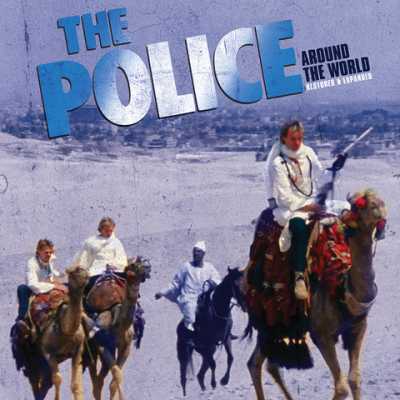
Soundbites
Embarking on their first ever world tour, The Police journeyed through six continents in 1979 and 1980. Capturing behind–the-scenes footage and candid personal moments as the band explores new terrain, The Police: Around The World Restored & Expanded displays the beginning of their meteoric rise to worldwide fame.
A poignant snapshot of this pivotal moment in their career, The Police: Around The World Restored & Expanded blends footage of the band performing live with intimate footage of Sting, Andy Summers, and Stewart Copeland exploring Japan, Hong Kong, Australia, India, Egypt, Greece, France, South America, and the US. The band was filmed on and off stage as they visited local monuments, tasted foreign cuisines, and organically grew a global fanbase.
On May 20, 2022, Mercury Studios presents The Police: Around The World Restored & Expanded on DVD+CD, Blu-ray+CD, and DVD+LP (pressed on colored vinyl – silver in North America, and blue elsewhere). Originally available on VHS and laserdisc, the film is being presented on DVD and Blu-ray for the first time, with restored picture and remastered audio, as well as complete performances of four bonus songs featured in the documentary.
Additionally, The Police: Around The World Restored & Expanded includes never-before-released live audio on CD and LP. Boasting songs from their first two albums recorded in Japan, Hong Kong, and England, it showcases The Police playing with a frenzy and passion that would soon make them the biggest band in the world.
At the same time, the British band were enjoying their first chart success in the UK with “Roxanne” and “Message In A Bottle. They were young, hungry, and ready to break big. As Andy Summers enthuses in the liner notes, “Like Napoleon, we wanted the world. Out of the messy and fervent atmosphere in London at that time we conceived the idea to go all around the world and film the whole adventure. As far as we knew no rock band, at least, had ever done that. We had just about enough popularity to get booked around the globe. Plans were made.”
And the rest is history…beautifully captured in The Police: Around The World Restored & Expanded.
Backgrounder
Review from Superdeluxeedition by Paul Sinclair
Restored documentary delivers pristine pictures and a fun global jaunt.
Around The World is a film that follows The Police on their 1980 (and later, 1981) world tour at a time where, in the words of guitarist Andy Summers the group had “just about enough popularity to get booked around the globe”.
Issued in 1982 on VHS (and later on Laserdisc in Japan), the documentary has now been ‘restored and expanded’ and issued on blu-ray and DVD (both for the first time), within specific combo sets (LP+DVD, CD+blu-ray and CD+DVD).
In his excellent notes in the booklet, Summers writes of various challenges, including an almost drug bust, confrontations with the local law enforcement, illness and more, and so depicts a more troubled tour than we actually see in the film. Around The World, for the most part, is a travelogue set to music, embracing some well-worn documentary tropes and indulging in shots of Bullet Trains in Japan, Rickshaws in Hong Kong and a rather unfortunate and ragged-looking snake-in-a-basket in India!
It’s no less fascinating for all that and watching the band play live at arguably their peak (there was some later overdubbing of these performances), in sometimes sweaty and cramped venues, is the core appeal of this film. Today’s World Disco in Hong Kong, is crazy, with fans almost eyeball to eyeball with the three musicians on stage. Not all the audio is live, since the filmmakers couldn’t resist the opportunity to shoot some on-the-hoof promo videos (with the band lip-syncing to the studio tracks) in various locations such as the subway in Hong Kong (‘So Lonely’) and on a cable car in South America (‘When the World Is Running Down, You Make the Best of What’s Still Around’).
‘Message in a Bottle’ as performed live in Hong Kong on Around The World
Around The World is at its weakest when it indulges in some forced set pieces such as Andy Summers trying his hand at Sumo wrestling (resulting in a bad case of the flu); a topless Sting pulling a Rickshaw up a hill; what can only be described as a comedy ‘skit’ on Camels in Cairo; and a very unfunny Jools Holland (interviewing the band towards the end of proceedings). The moments that stand out are the real ones, such as the Indian ladies and dignitaries in Bombay who seemed thrilled to welcome The Police to the Time and Talents Club for a charity concert (where they played a version of ‘Can’t Stand Losing You’ that Stewart Copeland told SDE was “maybe the best one on record”) and the blonde kid in Australia who, when asked by a local news reporter what he likes most about The Police, earnestly says “their music”. There’s also an amusing encounter in Hong Kong where a tailor doesn’t like the idea of adding zips to the lapels of Andy Summers’ jacket (we see the zip-laden garment later on!).
In Cairo, we get a sniff of Spinal Tap (that mockumentary was three or four years away at the time of filming) as Stewart’s brother Miles, who managed the band, grapples with red tape and the challenge of getting their gear out of customs and ready in time for the concert (“obviously we need the lights!” we hear him say, exasperated) but again, that’s a rare peak into the mechanics and frustrations that go with a world tour. Around The World prefers music, performance, off-stage japes and the texture and colour of capital cities and their residents.
The picture quality is now stunning, although Andy Summers last year told SDE “It’s taken forever got get it sorted, because of issues like restoring 16mm film and getting the extras up to 4K level”. The credits on the blu-ray actually confirm that the negatives were scanned at 2K, which is HD blu-ray quality but not 4K.
In terms of this being ‘expanded’ there are welcome “complete” live performances of ‘Walking On The Moon’, ‘Next To You’ (both from Kyoto) and ‘Message in a Bottle’ and ‘Born in the 50’s’ (both Hong Kong) in the bonus section of the blu-ray/DVD. Also, let’s not forget that depending on which package you buy you get a CD or vinyl LP of live performances (the CD has a few more songs). What’s interesting, is there are numerous tweaks and edits, mostly small and largely inconsequential, although that doesn’t include the omission of a performance of ‘De Do Do Do De Da Da Da’ in France, almost certainly because Sting gets annoyed by what someone in the crowd does (spitting?) and shouts “You fucking bastard! I’m going to get you” during the performance of the song! Trying to ‘get’ one of your fans is not a good look these days, one presumes. Kudos to Thepolicewiki.org for some forensic work on this issue and a full breakdown of the changes!
The Police Around The World is ultimately glossy, but a lot of fun. You don’t learn much about the personalities of the members of the group and all the tension and stress of a global tour is hidden under the surface. 40 years on, the film is now a historical document and that fact that it exists in the first place, and has been restored to modern standards in both video and audio, is excellent. Most of all, it reminds us just how ferociously good Sting, Andy Summers and Stewart Copeland were, together as a band in 1980. You can’t help but agree with Copeland when he told SDE that “We were always a very guerrilla band, so we were psychically equipped to play weird places”. Highly recommended.
Review from Rock and Blues Muse by Mike O’Cull
Rejoice, Police fans! On May 20th, 2022, Mercury Studios is set to drop The Police: Around The World Restored & Expanded on DVD+CD, Blu-ray+CD, and DVD+LP on coloured vinyl. The film documents The Police as a young band taking on all comers in 1979 and 1980 and becoming major stars along the way.
The band tore through six continents on this, their first world tour, and filmed their gigs and adventures in Japan, Hong Kong, Australia, India, Egypt, Greece, France, South America, and the US. The film was originally released back then on VHS tape and laserdisc and has never been available on DVD or Blu-ray until now. The new version is presented with remastered audio, restored visuals, full performances of four bonus songs, and previously unreleased live audio on CD and LP. The songs here are from the band’s first two albums Outlandos d’Amour and Reggatta de Blanc and remind us all how great The Police were out of the gate and how enthusiastically people responded.
The Police formed in 1977 and were originally thought of as part of the then-emerging New Wave scene. The band’s one and only lineup of Sting (bass, vocals), Andy Summers (guitar, vocals), and Stewart Copeland (drums, vocals) was much more than that, however, blending rock, punk, jazz, and reggae into a sound that was truly original. They presented an entirely different take on the idea of a rock trio, forgoing long solos and instrumental bombast in favor of tight grooves, atmospheric guitar textures, and unforgettable hooks. They flew in the face of the over-the-top, Van Halen-influenced mainstream rock sound of the day and found success on their own terms.
The Police: Around The World Restored & Expanded gives fans an up-close view of the group at this crucial career moment. It shows us what an incredible live band they were then, full of fire and frenzy, and how the profoundly original styles of each member came together to produce massive hit records. All three players were outside of what rock musicians were expected to be, then and now, and that freshness took them to stardom.
The doc also gives viewers a front-row seat for some of the offstage shenanigans indulged in by a trio of young guys tasting real success for the first time. Andy Summers’ brief stint as a sumo wrestler in Japan is incredibly entertaining and worth the cost of the set all on its own. They frolicked at local monuments, dined on indigenous cuisine, and generally had the time of their lives, all while building an organic fan base that would enable the future of the band.
Of course, the real highlights of the film are the performances. Seeing this soon-to-be stadium-filling crew playing small, sweaty gigs with fans often only inches from the stage (and sometimes on it) is cathartic and inspiring. The band absolutely burns throughout the tour, putting out the energy needed to drive fans wild and make them dance like they’d never hear music again. The live takes of early Police gems like “So Lonely,” “Can’t Stand Losing You,” “Walking On The Moon,” “When The World Is Running Down, You Make The Best Of What’s Still Around,” and “Bring On The Night” are ultra-entertaining and rock with the might of a band on the verge of breaking big.
Andy Summers sums it up best in the liner notes, saying “Like Napoleon, we wanted the world. Out of the messy and fervent atmosphere in London at that time we conceived the idea to go all around the world and film the whole adventure. As far as we knew no rock band, at least, had ever done that. We had just about enough popularity to get booked around the globe. Plans were made.” The Police went on to achieve true greatness, become superstars, and ride the roller coaster of fame as far as it would take them. The Police: Around The World Restored & Expanded shows off the musical and artistic muscle that made it all happen. Watch it ten times; it still won’t be enough.
Review from Digital Bits by Bill Hunt
Though they became one of the decade’s biggest bands, The Police were an unlikely success story in the early 1980s. Lead singer Sting (aka Gordon Matthew Thomas Sumner) began his professional career as a teacher at St Paul’s First School in Cramlington, Northumberland, England, moonlighting at night as a bass player for a jazz-rock fusion band called Last Exit (with brief detours in the Phoenix Jazzmen and Newcastle Big Band). And drummer Stewart Copeland was an American ex-pat who’d grown up in Beirut (his father Miles was a founding member of the OSS and CIA), where he discovered a love of rhythm and percussion that led him to become a member of the British prog rock band Curved Air. The pair met in Newcastle in 1976 and quickly struck up a friendship. So Stewart invited Sting to London, where—at the time—punk rock was all the rage. Ever the opportunist, Stewart immediately formed his own punk band and roped Sting and a Corsican guitarist named Henry Padovani into it. The Police, as they were known, played their first gig on 1 March 1977, a 10-minute set at Alexander’s in Newport, Wales. But they soon discovered a problem: While Sting and Stewart were experienced musicians, Padovani was not.
A solution presented itself three months later, when former Gong musician Mike Howlett recruited Sting to participate in a one-off performance in Paris called Strontium 90. Howlett needed a drummer, so Stewart tagged along, but he’d already found a guitarist. Enter Andy Summers, who—fully a decade older that Sting and Stewart—had enjoyed modest commercial success playing R&B (with Zoot Money’s Big Roll Band and Eric Burdon and the Animals), acid rock (with Dantalian’s Chariot), and prog (with Soft Machine). After performing and recording together with Howlett (recordings that can be heard here, from an album called Strontium 90: Police Academy), Andy was quickly invited to join The Police. But he had one condition: The band should remain a three-piece, and Padovani was the odd man out. The Police played their first fully-formed gig on 18 August 1977, infusing their brand of “punk” with jazz, progressive, and particularly reggae, and began touring aggressively while they wrote enough material to record an album. But these were lean times for the band, so they took side jobs starring in TV commercials in London. One of these, a Wrigley’s chewing gum advert directed by Tony Scott (The Hunger, Top Gun) in February 1978, required the band to dye their hair blond. The ad itself was shelved before airing (and sadly does not appear to survive), but the look stuck and eventually became the band’s trademark.
The band’s first album, Outlandos d’Amour, was financed by Stewart’s older brother Miles and recorded on the cheap over six months in early 1978 at Surrey Sound Studios, on the upper floor of a dairy in Leatherhead. When Miles heard Roxanne for the first time, he promptly became the band’s manager, took the track to A&M Records, and got them a recording contract. The song debuted as a UK single that April, The Police made their first TV appearance on The Old Grey Whistle Test on 2 October, and then the band embarked on a three-week tour of the US (beginning with a blistering gig at CBGBs in New York City on 20 October), just as their debut album was finally released in November. While still considered punk posers in the UK, the punk movement hadn’t quite crossed over yet at the time, so The Police were eagerly embraced in America for their unique sound and musicianship. What’s more, over the next two years, Stewart’s other brother Ian—then a pioneering booking agent—cannily arranged gigs and radio interviews in every major college town in America. The Police’s second album, Reggatta de Blanc, was released a year later in October 1979, and Miles and Ian kept the band touring almost constantly in Europe and America, a grueling schedule that turbo-charged their popularity and gave the trio a finely-sharpened edge. That schedule expanded in 1980 to over nineteen countries, some of which had seldom been visited by rock bands before—including Mexico, Canada, Australia, New Zealand, Japan, Egypt, China, Greece, India, and Argentina.
It was during this time that Andy began chronicling the band’s travels in still photographs, while Stewart took to shooting everything with a Super 8 movie camera. Perhaps inspired by the pair, Miles hired filmmakers Kate and Derek Burbidge—who’d directed all of the band’s music videos as well as the Urgh! A Music War concert film—to document the world tour on 16 mm film. The result of their efforts was The Police: Around the World, which was released on VHS videotape in 1983 (and LaserDisc in 1989). Part music documentary, part concert film, it offers a candid portrait of a band with a chip on its shoulder, just beginning to deal with the tensions of ego and conflicting individual agendas, not yet at their zenith creatively but still hungry, and most importantly still having fun together. Notable are occasional scenes staged for comic value, among them Andy facing off against a sumo wrestler and the band stalking the streets of Hong Kong (and the Tokyo subway) like secret agents with walkie talkies. Some of this footage appeared in later music videos, but much of it will be new to all but the most avid fans of The Police, since the film never appeared on DVD. The film includes live performances from the tour, as well as behind-the-scenes antics. The song selection is a mix of live recordings and studio tracks from the band’s first three albums—Zenyatta Mondatta was written and recorded in July and August of 1980, during brief breaks in the touring schedule. The film also features a little bit of footage shot by Annie Nightingale for a 1980 special episode of The Old Grey Whistle Test called The Police in the East. Former Squeeze musician and TV presenter Jools Holland appears briefly, as do Miles and Ian Copeland, and Kim Turner (the band’s longtime roadie, driver, engineer, and tour manager).
For the film’s long-overdue Blu-ray Disc release from Mercury Studios, the 16 mm negative has been scanned and digitally restored in 2K resolution at the proper 1.33:1 aspect ratio. The film’s original title sequence was produced using dated analog SD video effects (you can see it here), so those titles and credits have been re-done in much higher quality. And while the film’s running time on VHS and LaserDisc was 68 minutes, the Blu-ray runs 65:20. There’s been extensive re-editing, and you’ll notice it right off the bat, as the film opens with the band visiting a Zen monastery in Japan. This is mostly an improvement—instead of long boring shots of buildings, rock gardens, and the backs of people’s heads, you now get to see much more of the band members sightseeing, exploring their environment, and interacting with the people they meet along the way. There’s some new footage here, and the edit is far more dynamic and polished. But there’s also some less-flattering material missing, including Sting visiting the doctor after losing his voice, Sting swearing repeatedly at an audience member who threw ice at him on stage (during a performance of De Do Do Do, De Da Da Da, which has been cut entirely), a couple moments of the band being testy, and Andy’s politically incorrect “Do not play with my balls!” joke while in costume as a Spanish Vaquero. Note that these changes were made at the request of the band members, particularly Andy, who apparently instigated the remastering and re-release of the film. (Nevertheless, some of you may wish to keep your VHS and LaserDisc copies if you still have them.) All of the remastered footage itself is gorgeous, exhibiting a surprising amount of detail and far more vibrant, nuanced, and accurate colour than fans ever experienced previously in analog SD. Grain is light but appears mostly natural (save for a few freeze frames involving location titles), and there’s very little in the way of damage or dirt, suggesting that the negative has been well stored (and barely touched) in the last four decades.



















